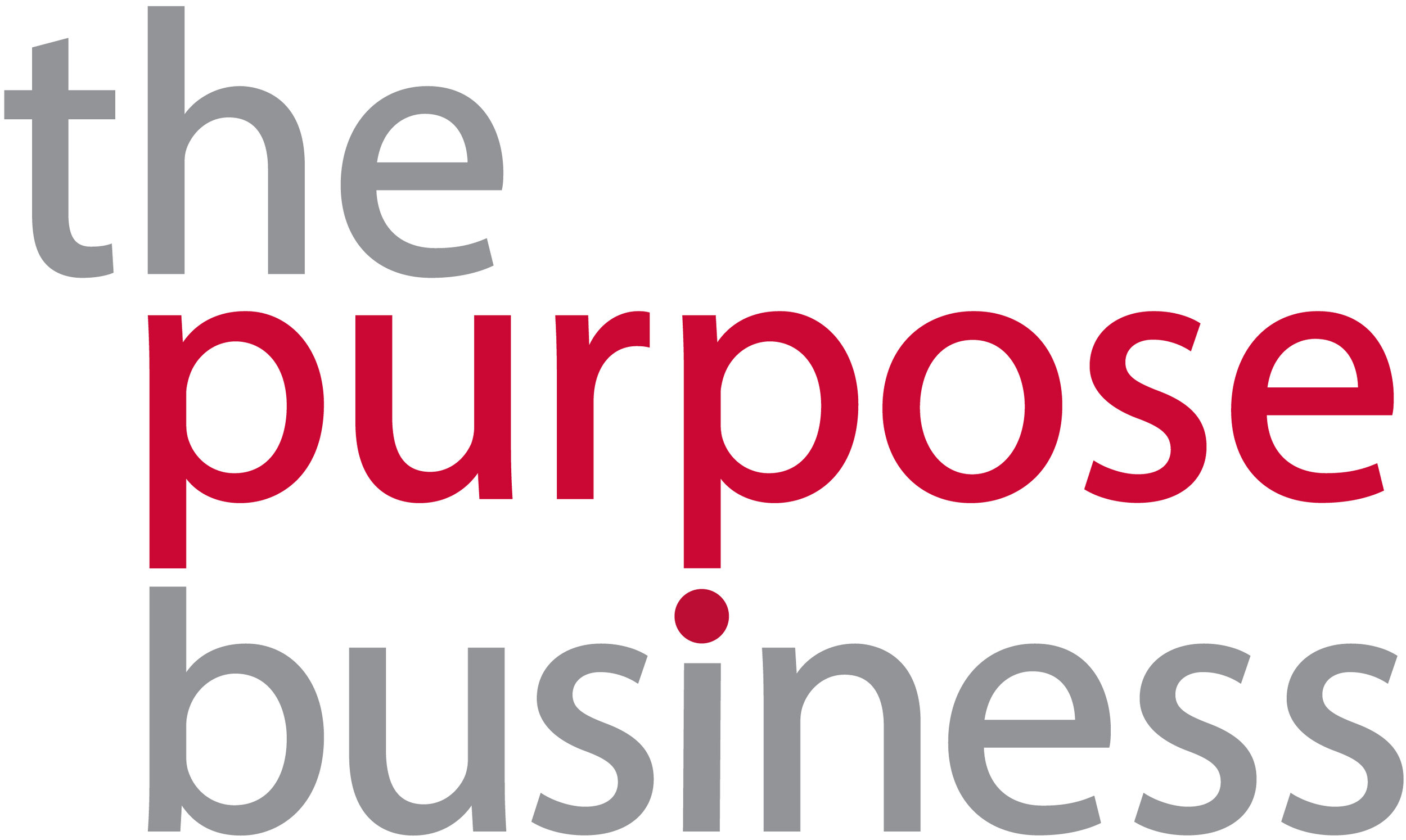Plastic recycling – it’s not simple so what should we do?
It is great to see the increasing focus now on the issue of plastic recycling since so much plastic is single use and rather than being recycled it is making its way into landfills or even worse our rivers and oceans.Understanding what can be recycled and what can’t is not straight forward and at times is seems to be changing daily.
This is particularly true for companies and countries as they change their procedures following the Chinese Government’s implementation of the “National Sword” policy, which bans 24 types of solid waste, including various plastics and unsorted mixed papers, and sets a much tougher standard for contamination levels.If we focus on plastic we should all know more about those little recycling symbols, those triangle symbols that have a number within them that are actually a Resin Identification Coding System (RIC), as explained in the graphic below by Fix.com.
Detail from Know your plastics. Source: Fix.com
However just separating items based on the first resin identification number you find may not be good enough for recyclers. One of the issues is that a single plastic product may contain multiple types of plastics.
Take for example a plastic soda bottle might have the main bottle made from #1 PET while the cap might be made of #5 Polypropylene (that cap might contain a liner made of another material e.g. polyethylene) and finally the label might be #3 Polyvinyl Chloride (PVC) if it is a shrink sleeve label (or not even plastic but paper glued to the bottle).
While we get our heads round the recycling numbers we also need to understand the terms like biodegradable and photo-degradation (when the material is altered by sunlight and air).
Plastic free consumption
When I hear people saying that they or their company is going ‘plastic free’, I think ‘Really? 100% plastic free?’ Surely they are meaning single-use disposable plastic since there are so many items in our life that are made of, or contain, plastic parts.
But is going single-use plastic free even possible everyday? I wonder what these people will say to the doctor or surgeon if they get sick. It’s difficult to imagine someone asserting, ‘No, please don’t use that needle on me as it is wrapped in plastic.‘
But talking of being sick, we can surely agree that our system and acceptance of using single-use plastic is unhealthy for us and our environment. So maybe it is time that we took some older traditional consumption medicine. Such as using reusable items more so we don’t have to have so much complication around plastic recycling to deal with.
So what are some ways you can be part of the solution?
Choose more wisely when you make a purchasing choice.
This can involve selecting products that have less plastic than its competitor, or selecting the product that is made of plastic which is recycled in your area.
Avoid plastic with the RIC code of #7 as that is almost never recycled, and while RIC #3 and #6 are recycled they have higher health and environmental risks than other types of plastic.Be clever with your procurement policies
As a business you can set purchasing policies for products and services that specify the reduction in plastic use. These can include asking for product to either not be wrapped in plastic at all or that the plastic is clearly label as to its type.
You can set terms in contracts for catering and event management that require the contractor to undertake recycling as part of their contract and to report the volume of items recycled and by which company.Share the word and the work within your industry
When setting your policies do work with your industry bodies to ensure that collectively you are moving towards a solution that works for your industry while better protecting nature.
On the more distant horizon, though hopefully not too far away, the manufacturers of plastics are working on alternatives that can degrade naturally without requiring specialist equipment to biodegrade.
Let’s together look at how we should redesign how we handle or use plastic in our personal and business lives.










